interoperability
-
Australia’s ambition to become a leading digital economy by 2030 requires comprehensive modernization of its trade and finance systems. The shift to a digital economy will involve leveraging emerging technologies, aligning with global standards, and implementing key legal frameworks. This article explores how Australia can achieve this vision, emphasizing legal reforms, technological innovations, and the Read more
-
Fiji’s National Development Plan (NDP) 2025-2029 highlights economic resilience, diversification, and digital transformation as key pillars for national growth. In this context, digital trade and the digital economy are critical for Fiji’s future, fostering economic inclusivity, innovation, and global competitiveness. The government’s vision aligns with leveraging technology to drive growth in e-commerce, financial services, and Read more
-
Historic Milestone in Africa’s Digital Trade: AfCFTA Finalizes Legal Framework
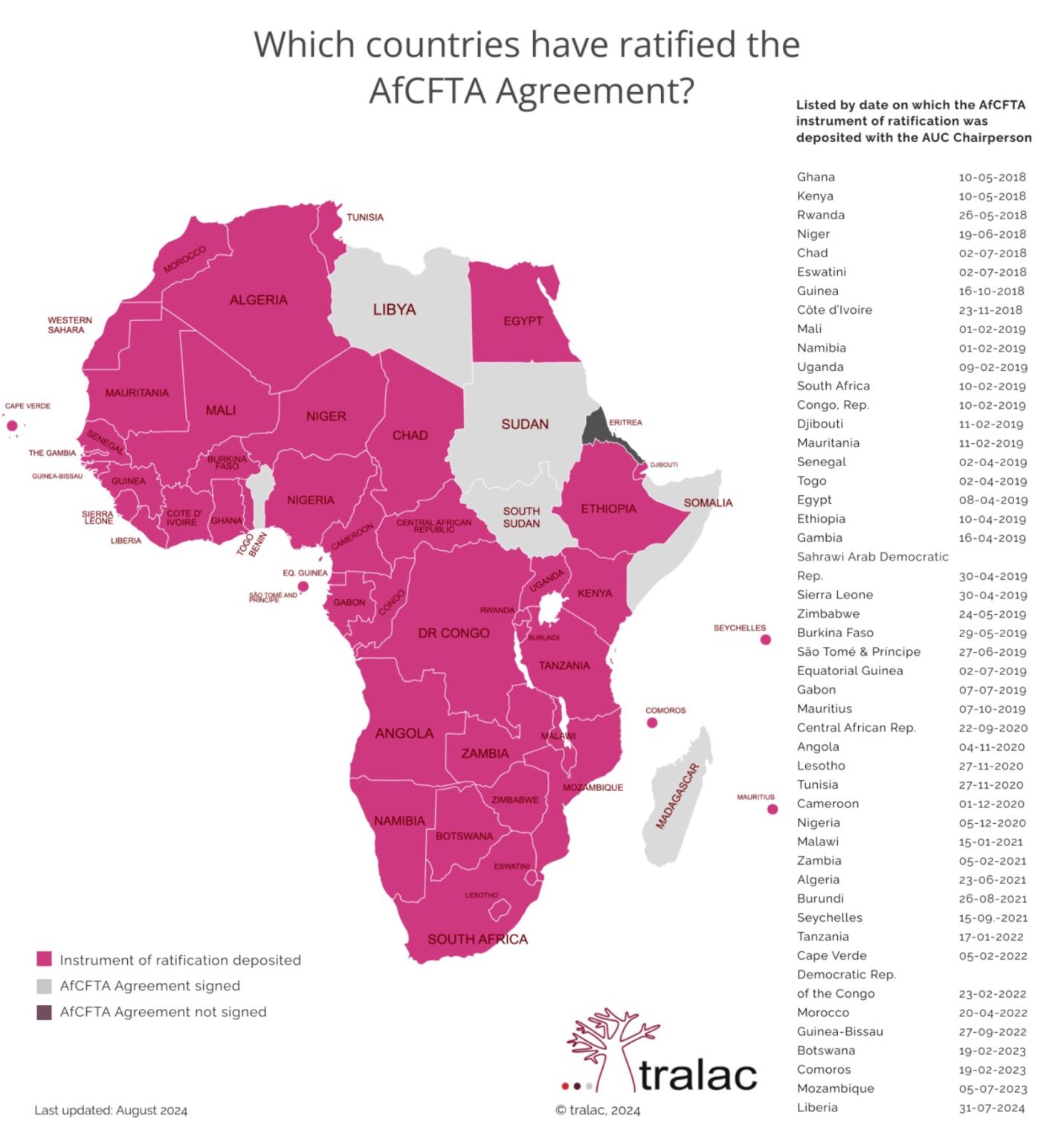
On 16 February 2025, the African Union (AU) marked a historic milestone in the continent’s digital economy. Exactly one year after adopting the Protocol on Digital Trade, the Assembly of the Heads of State and Government of the AU formally adopted eight (8) Annexes to the Protocol, completing the comprehensive legal architecture of the African Read more
-
How DigitalTrade4.EU Can Help Achieve the Objectives of the EU Competitiveness Compass
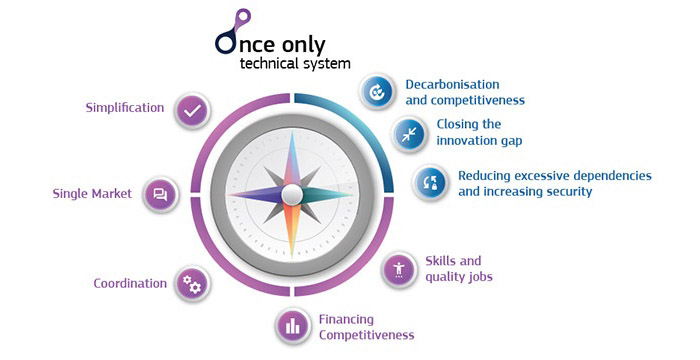
In January 2025, the European Commission unveiled the Competitiveness Compass, a strategic roadmap designed to revitalize Europe’s economic dynamism and secure sustainable prosperity. This initiative emphasizes the need for simplification, enhanced coordination, robust financing mechanisms, skills development, and decarbonization to bolster the Single Market. The DigitalTrade4.EU consortium can play an important role in supporting these Read more
-
Indirect Taxation of e-Commerce and Digital Trade: Implications for Developing Countries
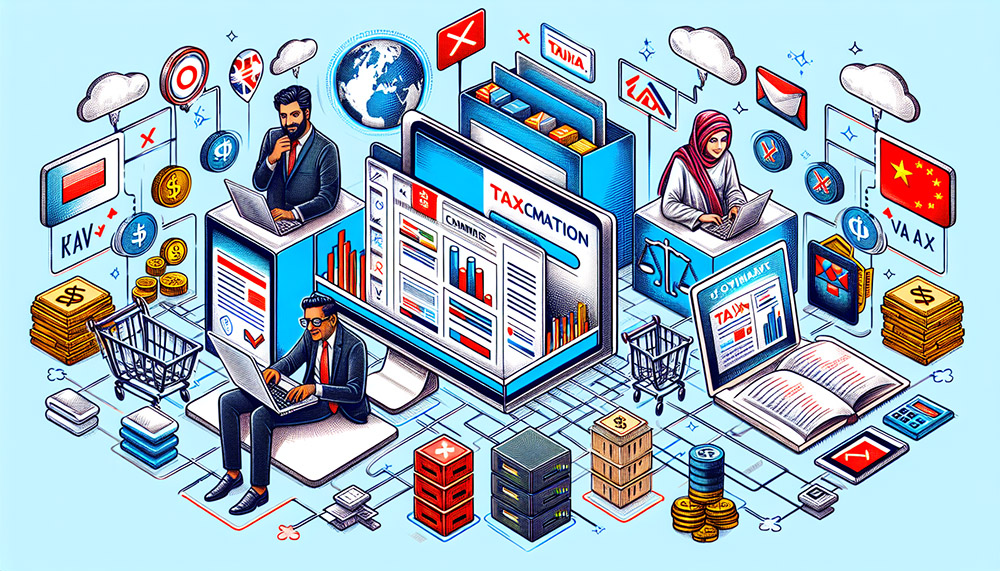
Digital transformation is drastically changing how people and businesses interact and conduct commerce. It is transforming social, business, and economic norms and changing the way we interact, consume and do business. This facilitates e-commerce in both existing and emerging markets and allows for more products to be delivered digitally. New opportunities for growth exist as Read more
-
Digital Trade Milestone: EU Strengthens Global Cooperation Through WTO Framework

On February 6, 2025, the European Commission unveiled a groundbreaking Council Decision to establish the EU and Member States’ position for upcoming WTO negotiations. This decision aims to amend Annex 4 of the WTO Agreement, addressing the Agreement on Electronic Commerce and setting the stage for the first global framework governing Digital Trade. The proposed Read more
-
India Plans to Sets Up a Dedicated Agency to Digitalise Trade Documents and Finance
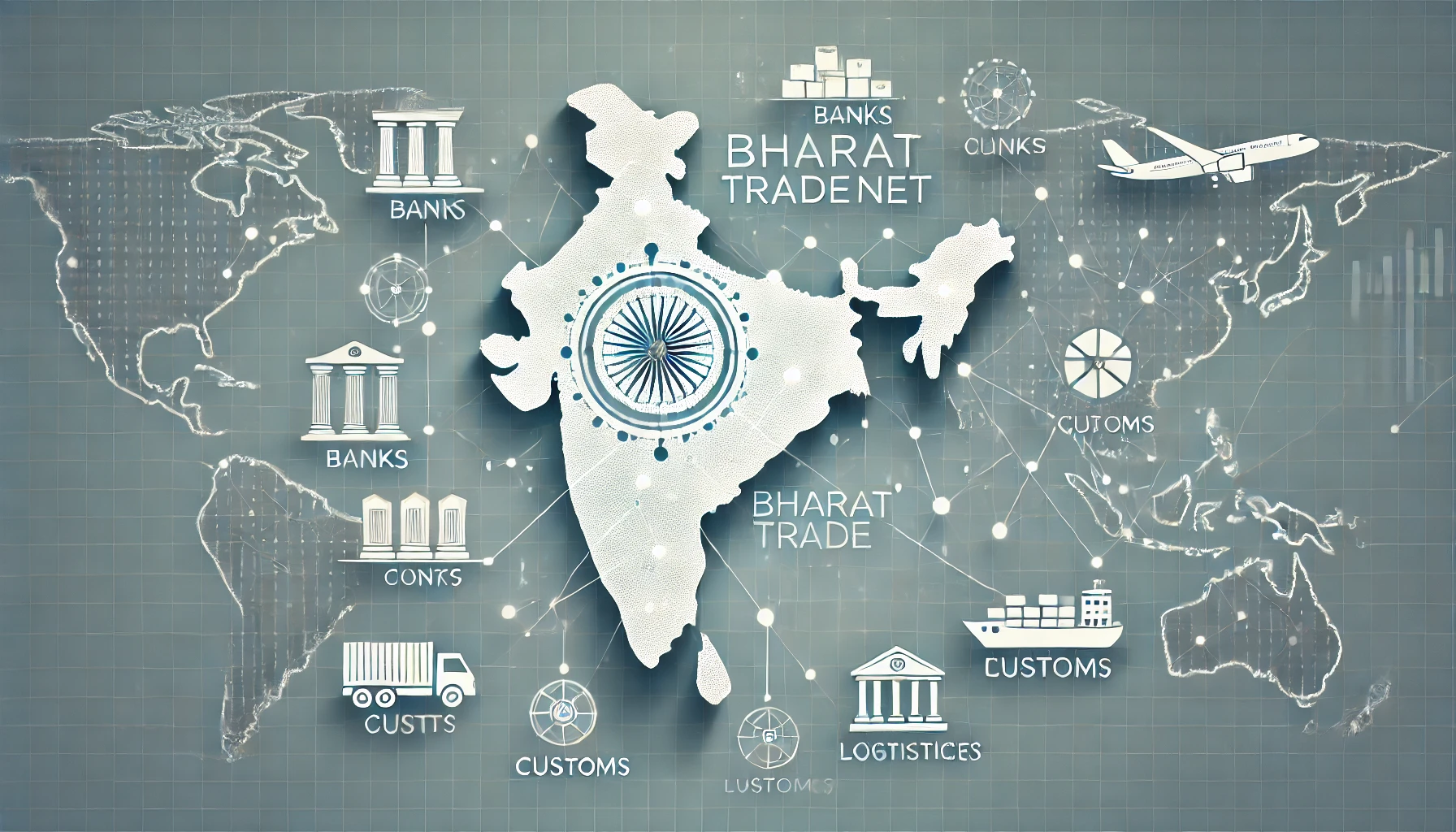
The Indian government has announced plans to establish BharatTradeNet, a unified digital platform for trade documentation and financing, modeled after UPI (Unified Payments Interface). This initiative, revealed in the Budget speech by Finance Minister Nirmala Sitharaman, aims to digitize trade documentation, streamline agency interactions, and improve export credit access. Key Highlights of BharatTradeNet: Timeline & Read more
-
A Path to Paperless Trade: Analysing the Legal Gaps and Economic Benefit of Adopting or Maintaining a Legal Framework that Takes into Account the MLETR
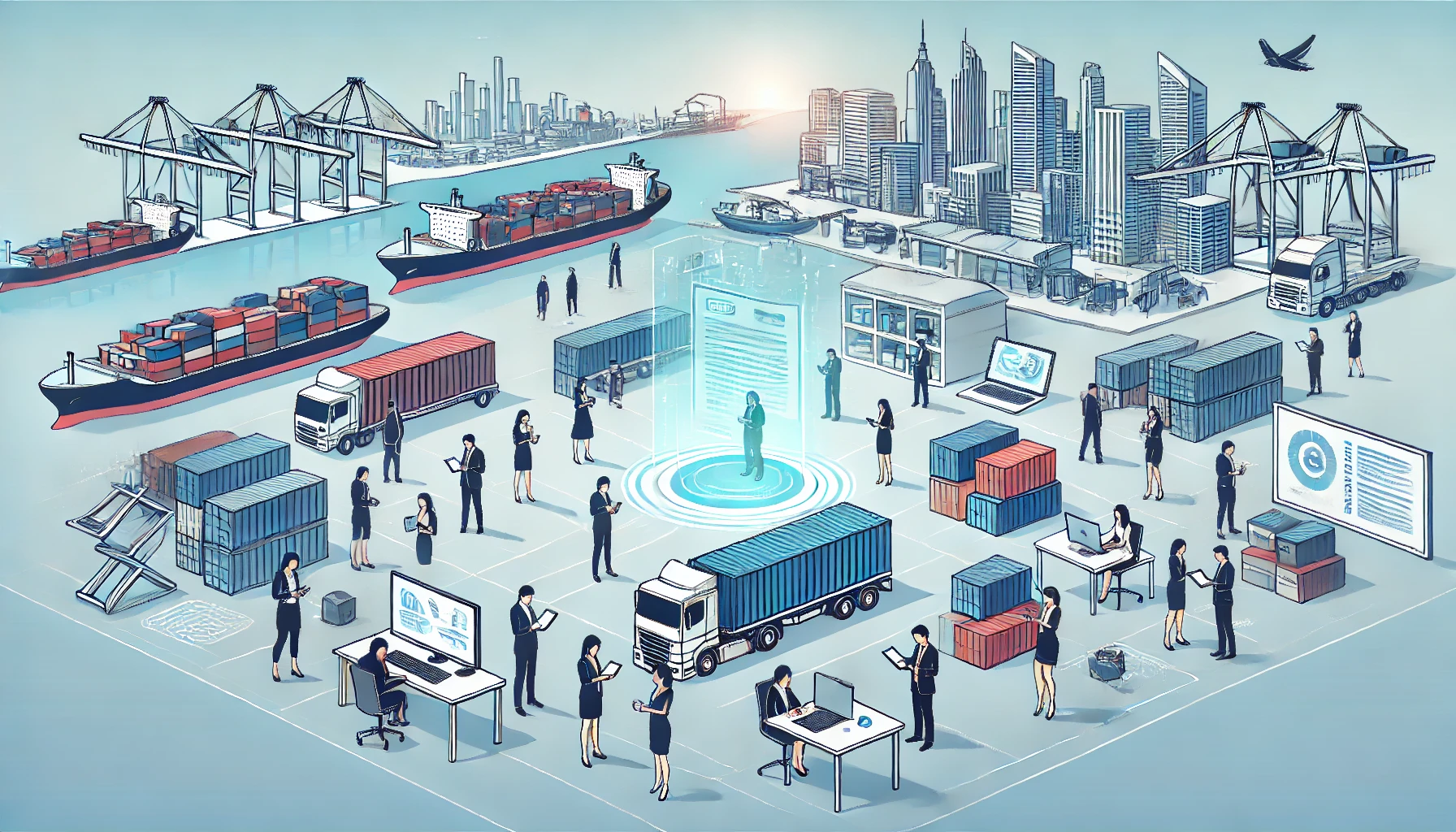
APEC has an opportunity to realise the significant benefits arising from paperless trade in the region. APEC wide adoption of the UNCITRAL Model Law on Electronic Transferable Records (MLETR), or equivalent arrangements, can help to achieve this. The benefits of moving along this path to paperless trade are significant – estimated to be as high Read more
-
EU-Singapore Digital Trade Agreement Embraces MLETR for Digital Trade Efficiency
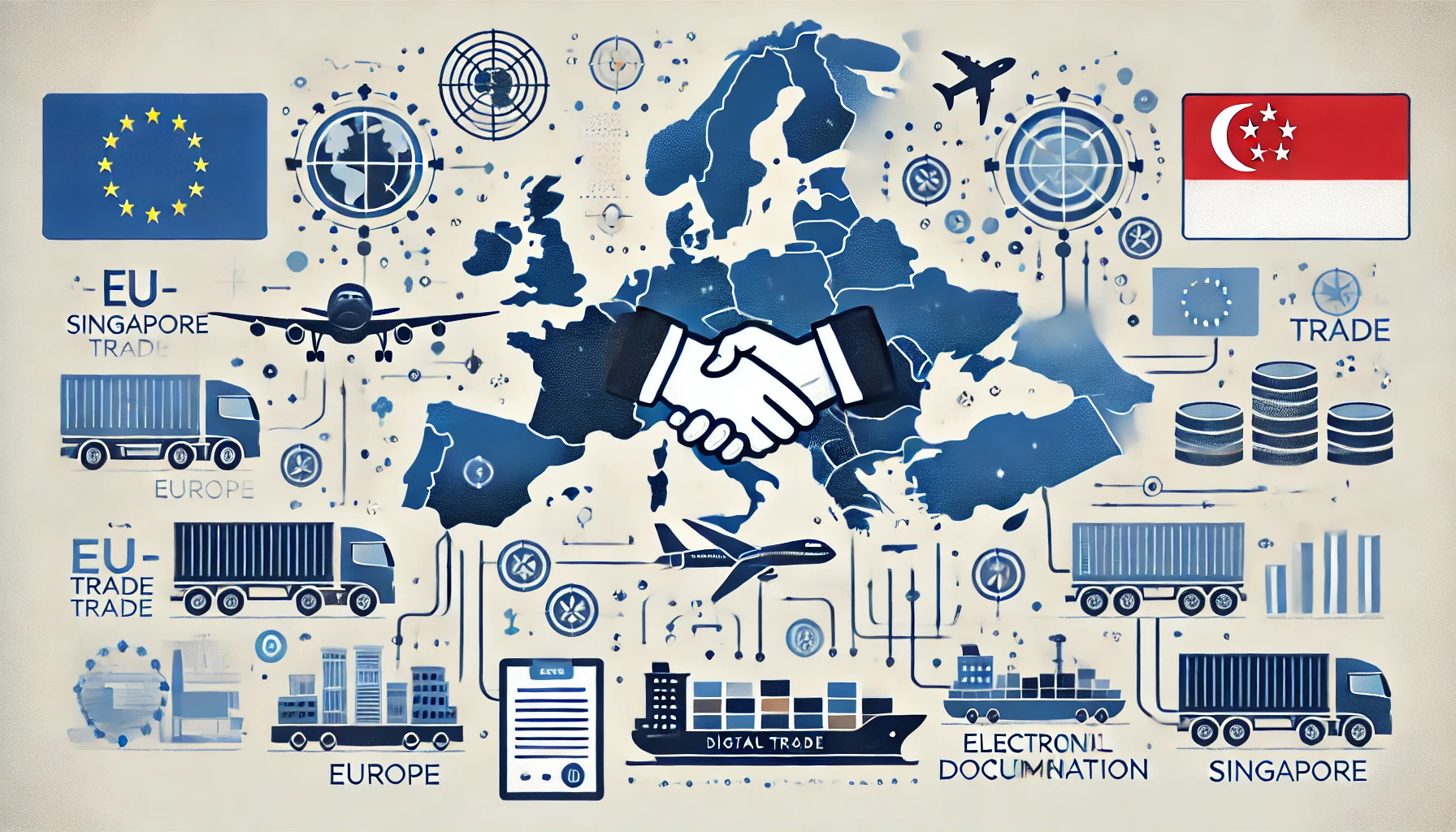
BRUSSELS, 31 January 2025 – The European Union and the Republic of Singapore plan to extend a pioneering digital trade agreement incorporating key elements of the Model Law on Electronic Transferable Documents (MLETR) developed by the United Nations Commission on International Trade Law (UNCITRAL) as a step to modernise cross-border trade. MLETR Integration in the Read more
-
Study on Convergences and Divergences of Free Trade Agreements in the APEC Region
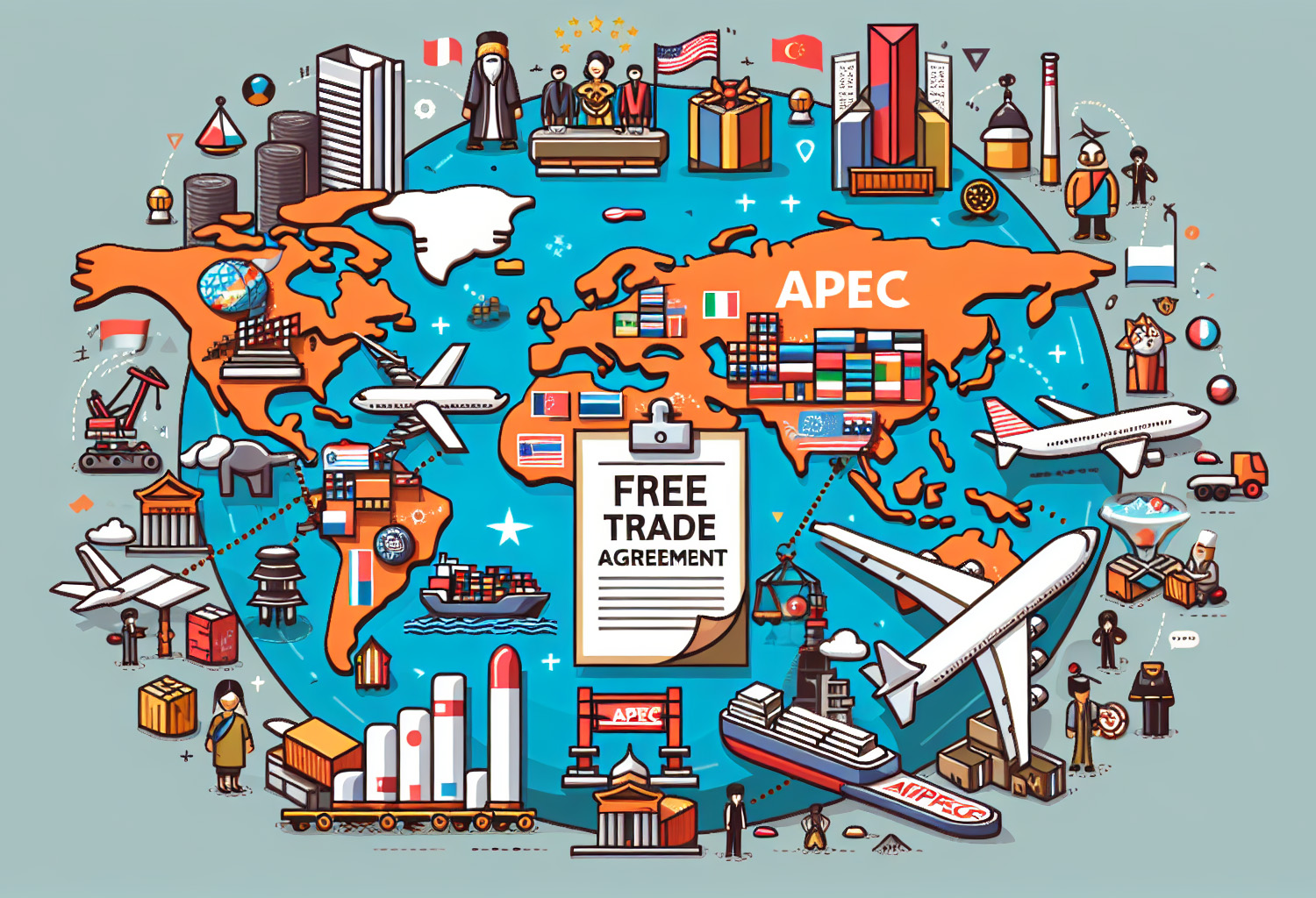
This report has been prepared pursuant to the project “Study on Convergences and Divergences of Free Trade Agreements in the APEC region”, which consists of conducting a study to compare the content of the following Regional Trade Agreements/Free Trade Agreements (RTA/FTAs): The objective of the study is to discuss areas of convergence and divergence across Read more


